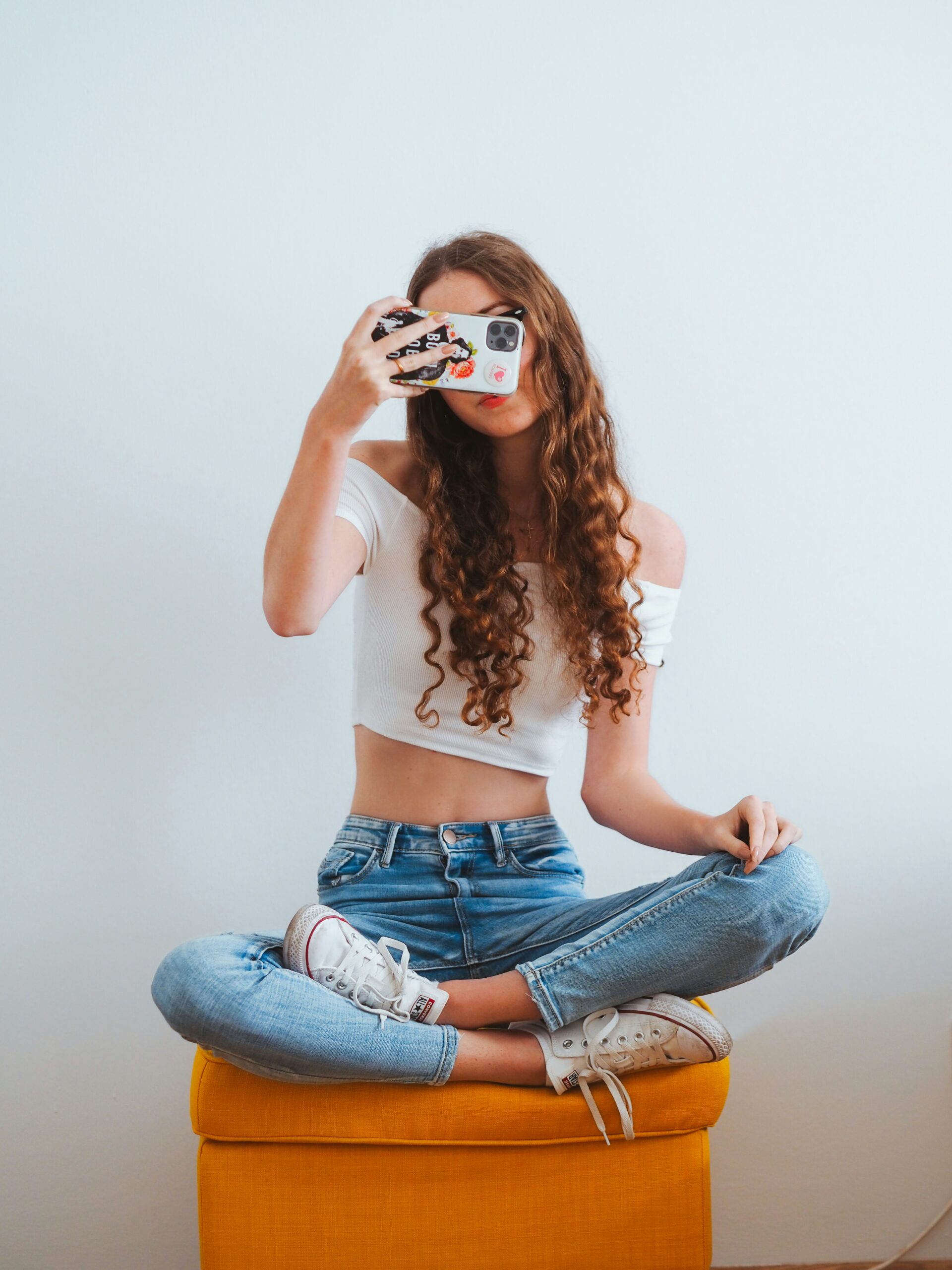What AI Influencers can reveal about consumer trust in brands

Mia Zelu sparked a major social media debate during Wimbledon recently, after it was discovered that an Instagram carousel posted by the influencer was, actually, AI-generated. In other words: Mia isn’t real. The images, deemed “highly deceptive” by viewers, lends itself to the ongoing challenge brands face in acquiring and retaining customer trust.
Before it was discovered that the carousel was generated by artificial intelligence, the post garnered 50,000 likes and interactions, highlighting how convincing it was to users.
Mia Zelu’s Wimbledon ‘appearance’ is a growing trend of AI-generated influencers and content gaining traction on social media. This has led to ethical concerns being raised by critics, who warn that blurring the lines between real and synthetic figures risks severely accelerating the erosion of consumer trust in marketing and advertising.
Technology, marketing and consumer trust are at a critical juncture
Technology continues to move at break-neck speed, and marketing is keeping pace. In the beauty industry, brands must find the balance between innovation and maintaining consumer trust in a time where trust in marketing is broken.
Indeed, the immediate backlash once Mia Zelu’s identity was revealed demonstrates just how significant a blow an AI misstep can be to consumer trust in a brand. Users felt deceived; they believed they were engaging with a real person (despite the profile confirming Mia was an AI influencer). In the beauty industry, where personal connection and relatability are paramount, this level of deception could severely damage brand perception and consumer loyalty.
Consumer trust hinges on authenticity
The rise of hyper-realistic AI influencers during a time where consumers are increasingly weary of promoted content on social platforms is - and should be - concerning for brands. Blurring the lines between fact and fiction makes it even more challenging for consumers to discern what’s real online - leading to further content fatigue and reduced consumer trust.
However, brands do have the opportunity to challenge this growing consumer trust issue by flipping the script. Research consistently shows that consumers are more likely to trust and buy from brands through genuine recommendations and experiences.
Emerging from the ‘Uncanny Valley’ of consumer trust - the human way
Sure, AI can create incredibly lifelike images; it can also generate content for brands in seconds - and while it may look and sound vaguely human, consumers are quickly realising there’s something missing. What AI influencers are creating is an Uncanny Valley effect, which is further amplifying consumer distrust. By actively choosing to subvert the overwhelm of AI-generated content, and focusing on decidedly human approaches, such as user generated content and genuine reviews and feedback, brands can gain elevated market share - while gaining and retaining consumer trust… all without having to close their doors to modern technology and artificial intelligence completely.
How AI can be used ethically to regain consumer trust
While Mia Zalu and the Wimbledon example highlights the pitfalls of artificial intelligence, AI can resonate positively - if ethical considerations and consumer trust are prioritized. For example, in the US, 90% of shoppers want more personalized communications, and 96% are more likely to make a purchase when receiving at least one type of personalized message.
For beauty brands in particular, transparent hyper-personalization can be used to boost consumer trust, as well as sales. For example, if brands are transparent about how they use AI to provide personalized skincare and makeup recommendations based on an individual’s needs, skin type and preferences, and can demonstrate that consumer data is being handled ethically, this can build trust and provide real value.
At SoPost, we have also seen the real impact that virtual try-on technology and augmented reality have had on the beauty industry. Implemented properly, these tools are widely appreciated because they offer practical utility, and help them make informed decisions without feeling deceived - this reduces waste and improves customer satisfaction, directly impacting consumer trust in brands.
While there is certainly a place for artificial intelligence within advertising and marketing, Mia Zelu’s ‘appearance’ at Wimbledon serves as a potentially, much needed, cautionary tale for the global advertising and marketing industry. While AI certainly offers immense potential for innovation and personalization, consumer trust hinges on authenticity and transparency that prioritizes well-being over the pursuit of unrealistic perfection. Brands that are able to navigate this and choose to value connection and responsible AI development, will ultimately be the ones that resonate most deeply with consumers.
At SoPost, we work with some of the biggest brands in the world to amplify consumer trust, use cutting edge technology and innovations to provide real value and drive sales through digital product sampling and services. Find out more about how we do it by getting in touch with the team today.